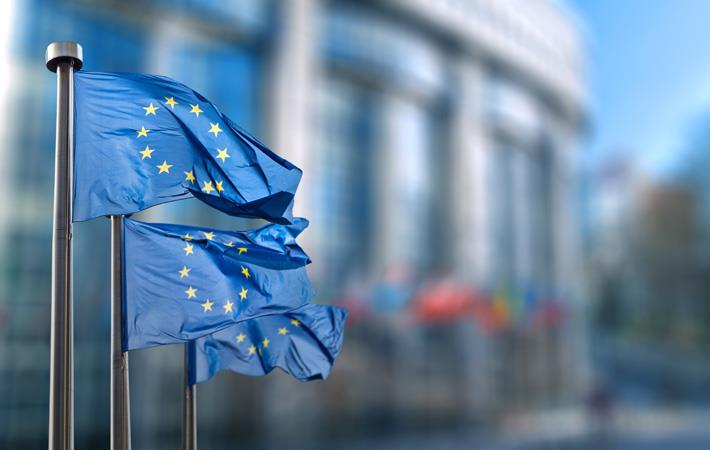The European Commission last month presented the European Green Deal , a road map for making the European Union (EU’s) economy sustainable by turning climate and environmental challenges into opportunities across all policy areas. The deal offers actions to boost the efficient use of resources by moving to a clean, circular economy and revert biodiversity loss and cut pollution.
The deal covers all sectors of the economy, notably transport, energy, agriculture, buildings, and industries such as steel, cement, information and communication technology, textiles and chemicals and outlines investments needed and financing tools available, and explains how to ensure a just and inclusive transition, according to an official press release.The European Commission last month presented the European Green Deal , a road map for making the European Union (EU's) economy sustainable by turning climate and environmental challenges into opportunities. The deal offers actions to boost the efficient use of resources by moving to a clean, circular economy and revert biodiversity loss and cut pollution.#
To set into legislation the political ambition of being the world's first climate neutral continent by 2050, the European Commission will present within 100 days the first ‘European Climate Law'. It will also present the Biodiversity Strategy for 2030, the new Industrial Strategy and Circular Economy Action Plan, the Farm to Fork Strategy for sustainable food and proposals for pollution-free Europe. Work will immediately start for upping Europe's 2030 emissions targets, setting a realistic path to the 2050 goal, the press release said.
Achieving the current 2030 climate and energy targets is estimated to require €260 billion of additional annual investment, representing about 1.5 per cent of 2018 gross domestic product (GDP). This investment will need the mobilisation of the public and private sectors.
The Commission will present early this year a Sustainable Europe Investment Plan to help meet investment needs. At least 25 per cent of the EU's long-term budget should be dedicated to climate action, and the European Investment Bank, Europe's climate bank, will provide further support. For the private sector to contribute to financing the green transition, the Commission will present a Green Financing Strategy in 2020.
In March 2020, the Commission will launch a ‘Climate Pact' to give citizens a voice and role in designing new actions, sharing information, launching grassroots activities and show-casing solutions that others can follow.
Fibre2Fashion News Desk (DS)
